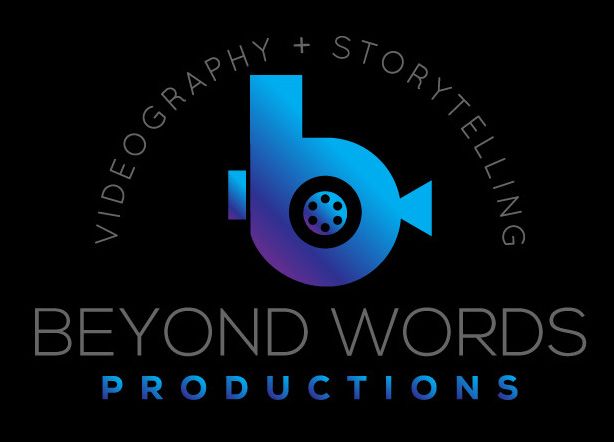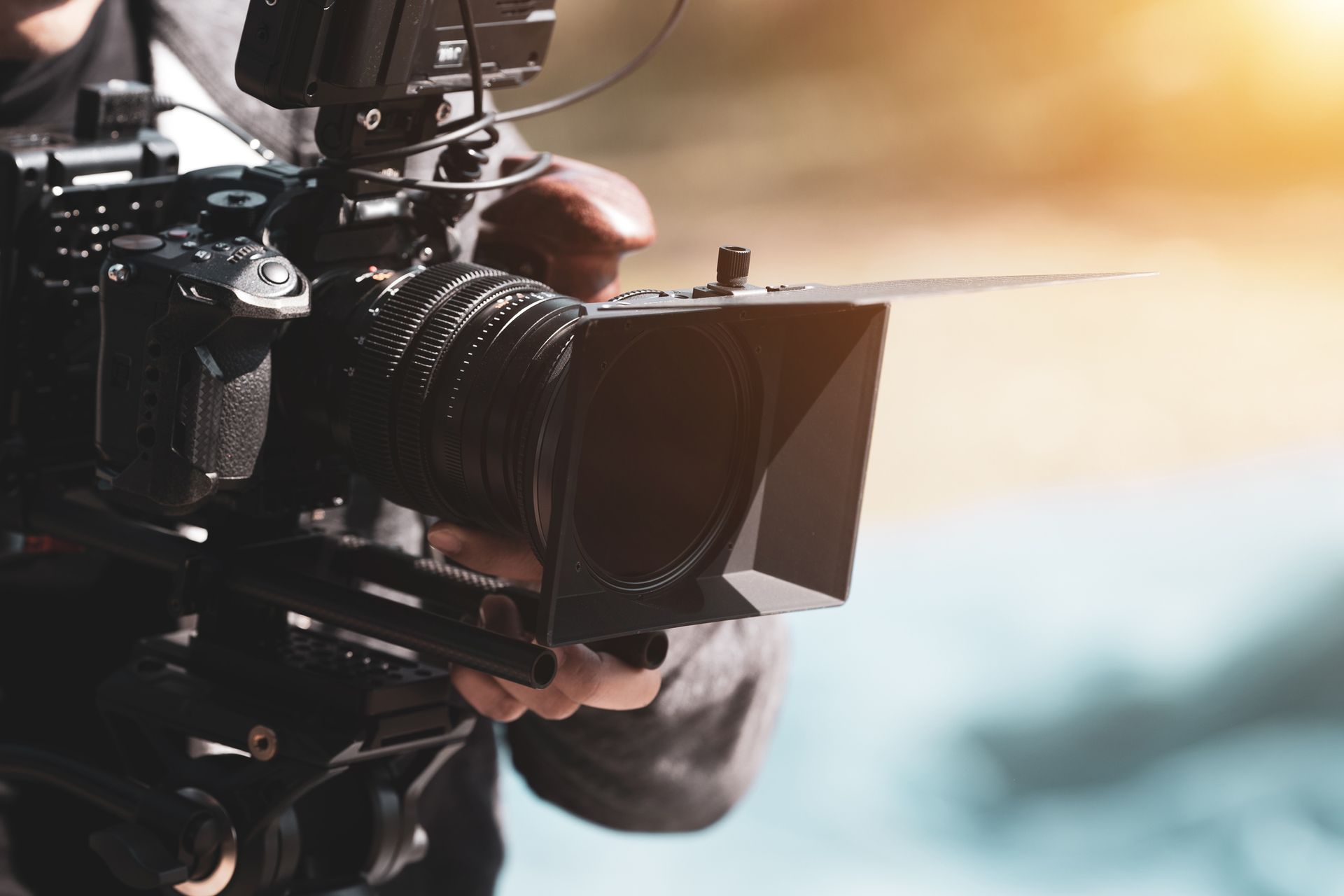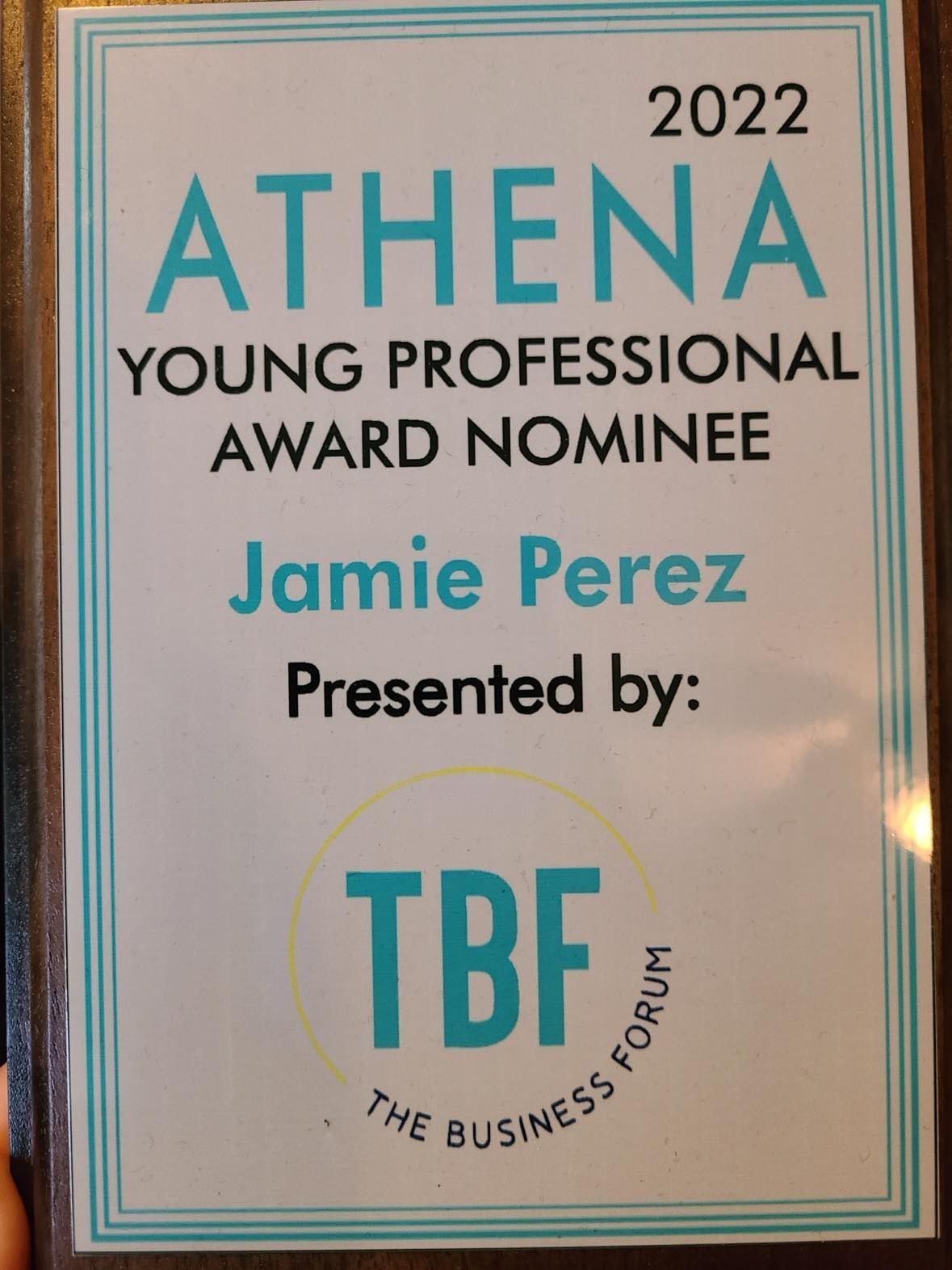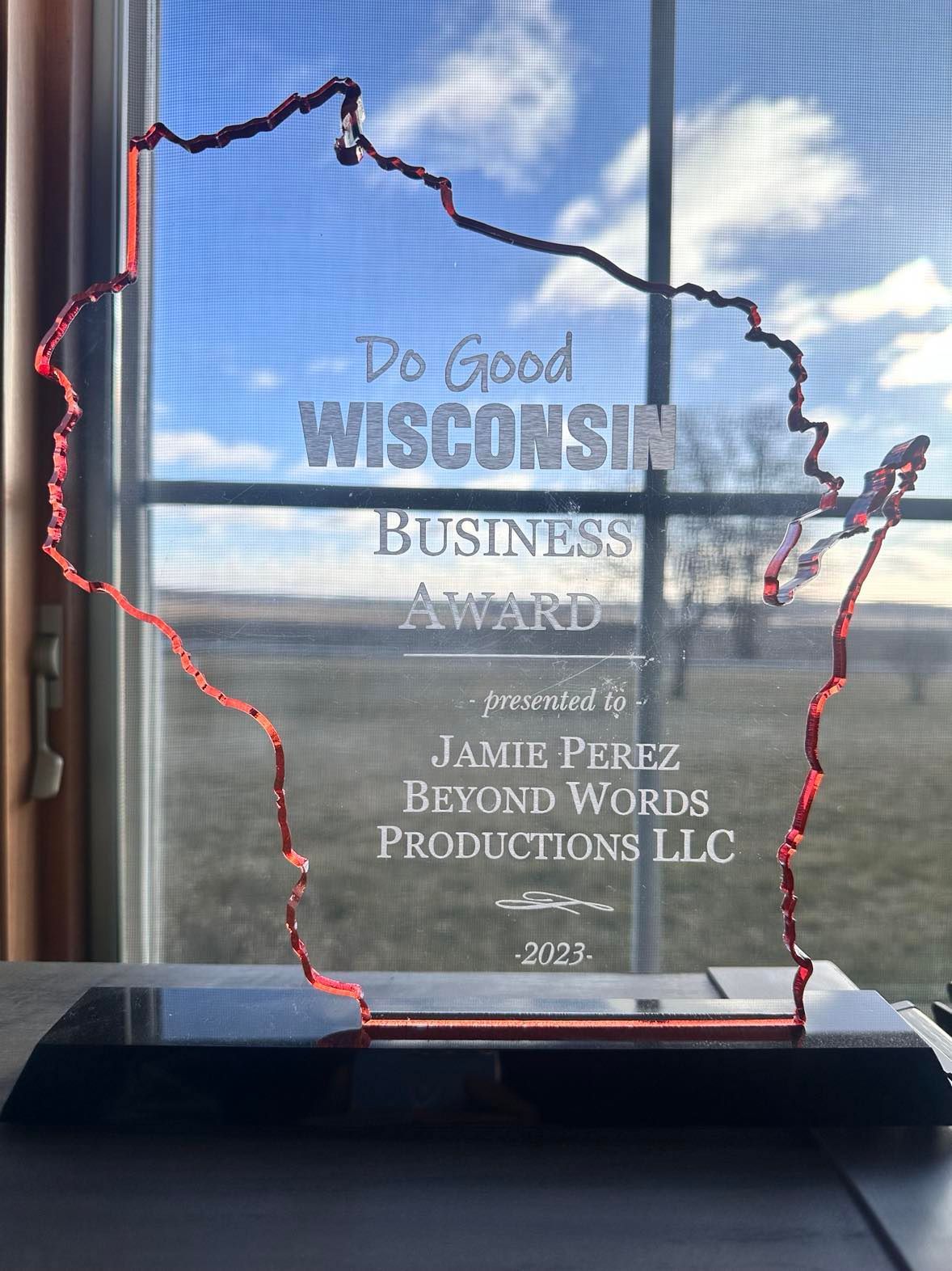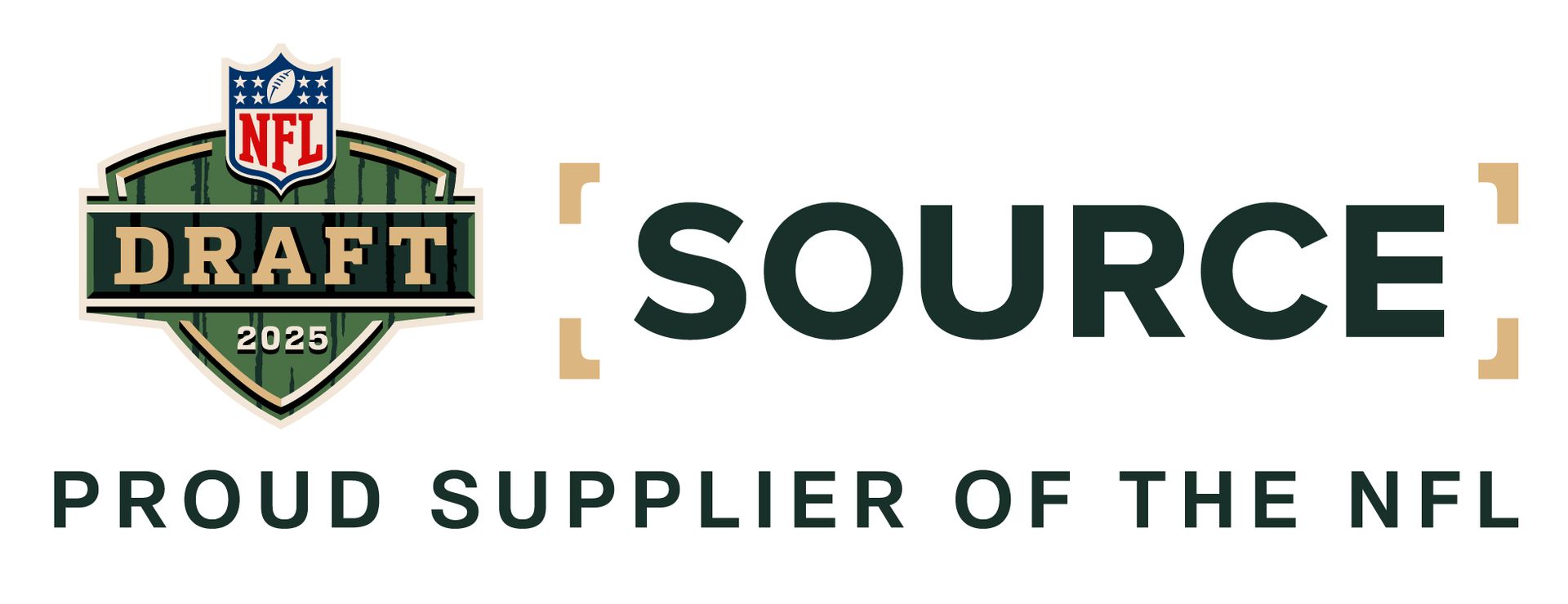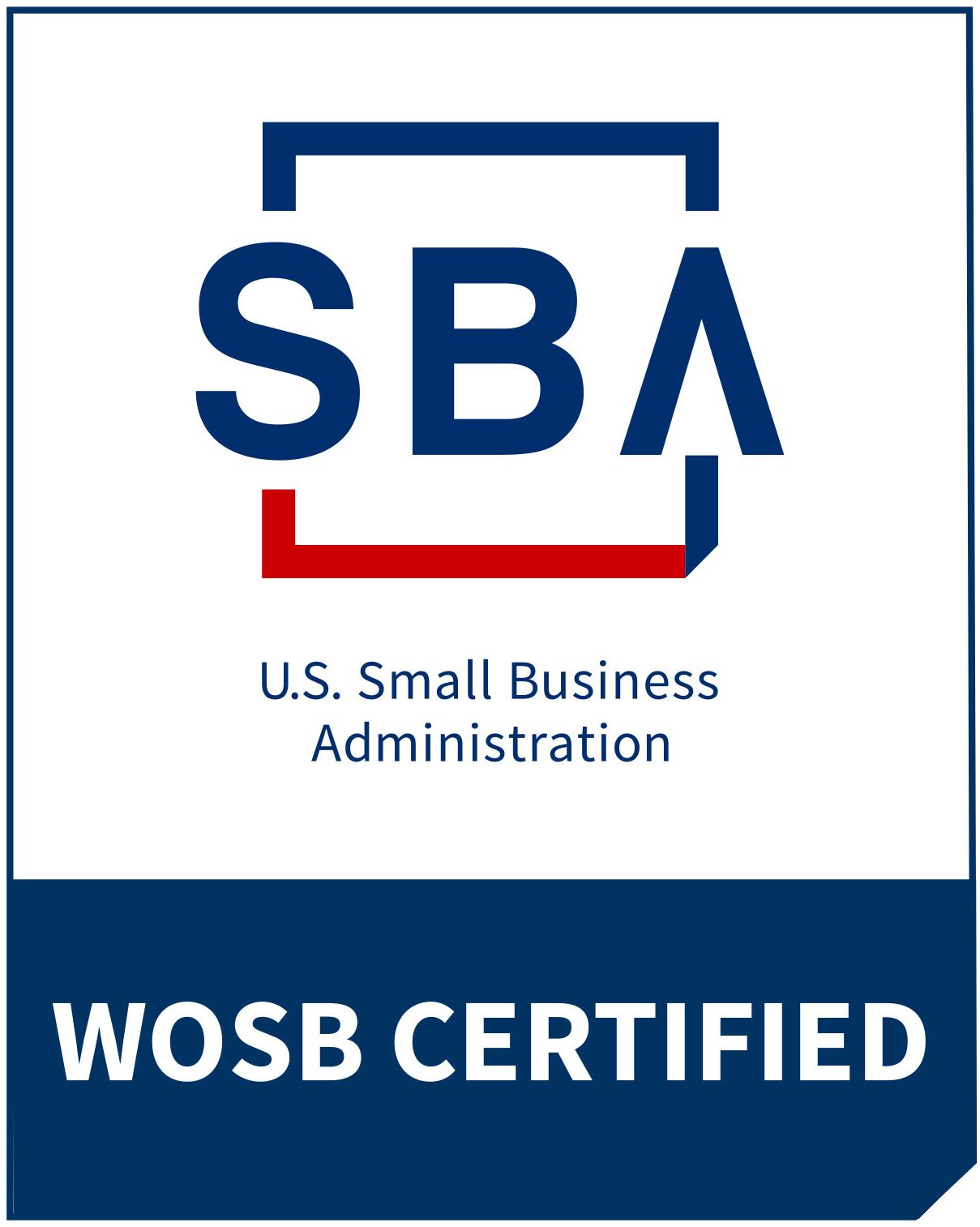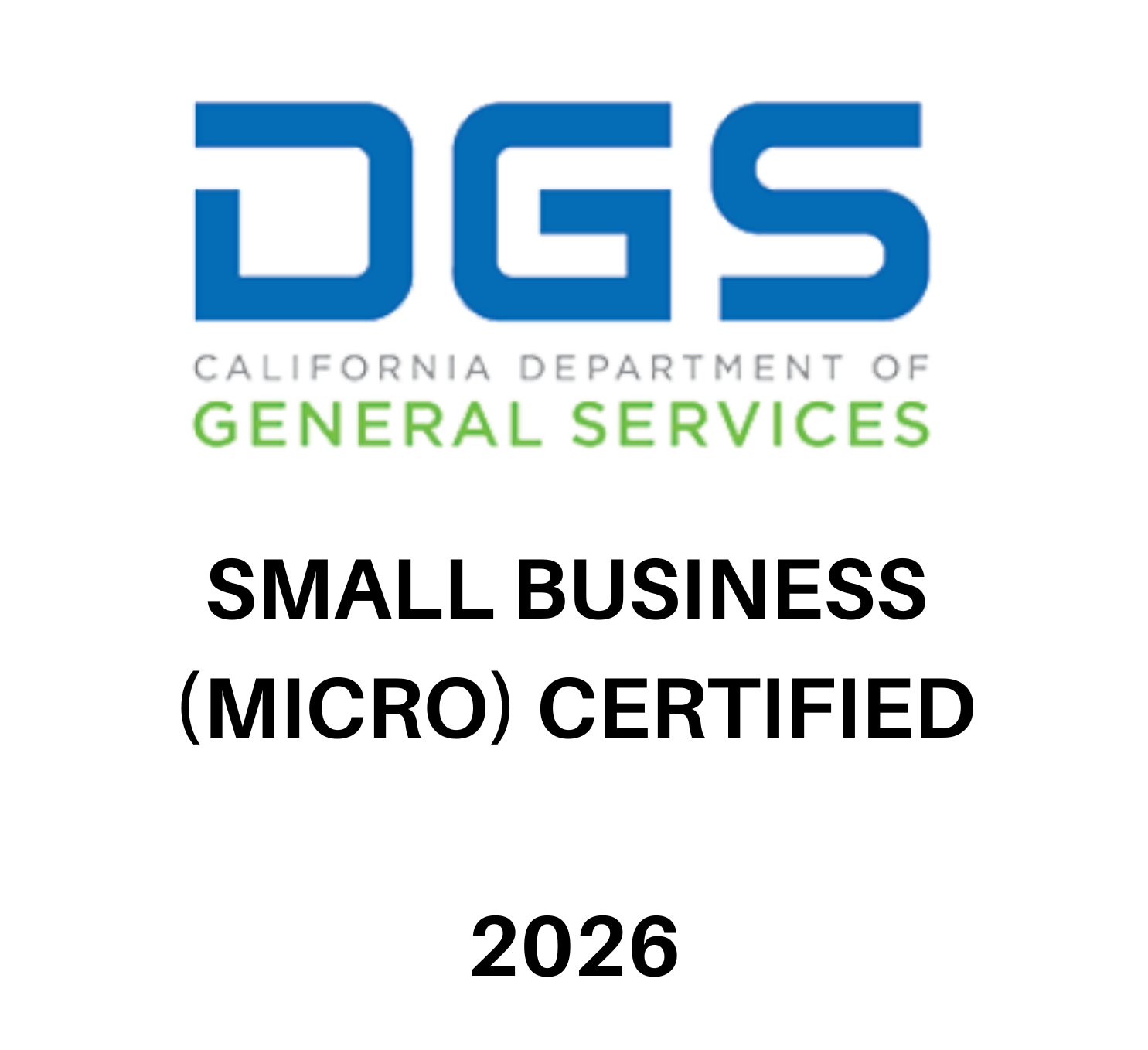The Power of Video Testimonials: Your Business's Secret Weapon
We all do it. When trying to decide if we should buy a certain product or service, what do we typically do? Check out the reviews. And in today's digital age, video testimonials are like gold nuggets in the world of customer feedback. So how do you decide who to put on camera for a good video testimonial? And why are testimonials so important? What’s their benefit? Let's dive into why they're the ultimate asset for your business!
1. Real Humans, Real Trust: When potential customers see real people on screen sharing their emotive experience of what it was like to work with you or how you impacted their lives, it makes everything you’re saying on your website and in person more believable. Video testimonials add a personal touch that written reviews can't match. Faces, emotions, and voices create a sense of authenticity that builds trust. It's like having your customers vouch for you in person every time you need them to.
2. Emotional Connection: Ever had goosebumps watching someone passionately share their success story with your product? That emotional connection is pure gold. Video testimonials tap into emotions, making your potential customers feel like they're part of a community that's benefiting from what you offer. That's the kind of connection that turns browsers into buyers.
3. Show, Don't Just Tell: Videos have a knack for showing rather than just telling. Customers can demonstrate how they've used your product, the results they've achieved, and the problems you've helped them solve. It's like a mini-documentary showcasing the transformation your business brings to their lives. It's a showcase of your value in action.
4. Memorable and Shareable: Videos resonate longer in people’s minds than text does. When you offer a visually engaging video testimonial, your message sticks like glue. And guess what? People love to share compelling content. Your customers could become your brand advocates, sharing their video testimonials with their own networks. As most businesses know, word-of-mouth is HUGE.
5. Versatile Marketing Goldmine: Video testimonials aren't just for your website's testimonial page. They're marketing gems you can sprinkle across your social media channels, email campaigns, and presentations. A happy customer sharing their experience and emotional journey is your best sales pitch.
In a nutshell, video testimonials aren't just snippets of praise – they're your business's superpower. They establish trust, forge connections, and offer a dynamic way to showcase your value. So, if you haven't harnessed the power of video testimonials yet, now's the time to roll out the red carpet for your customers' stories and let your business shine! 🌟🎥🗣️


